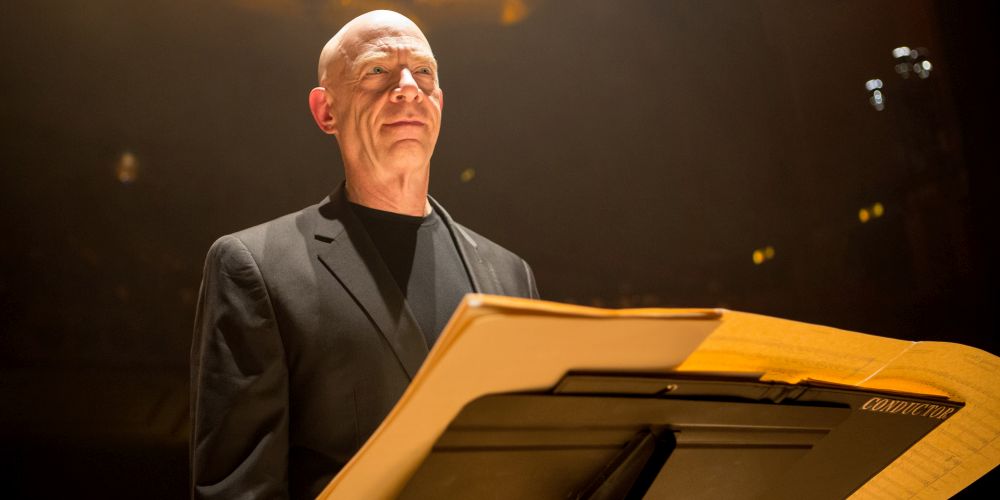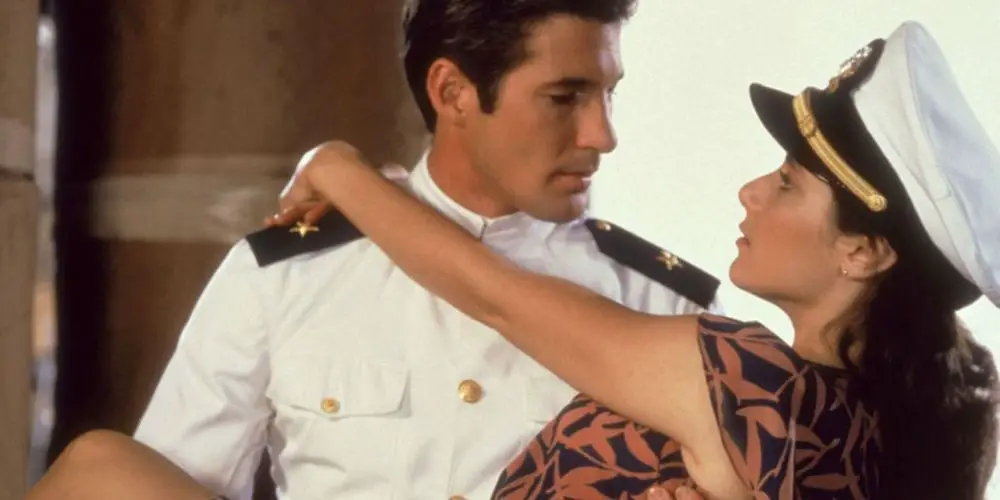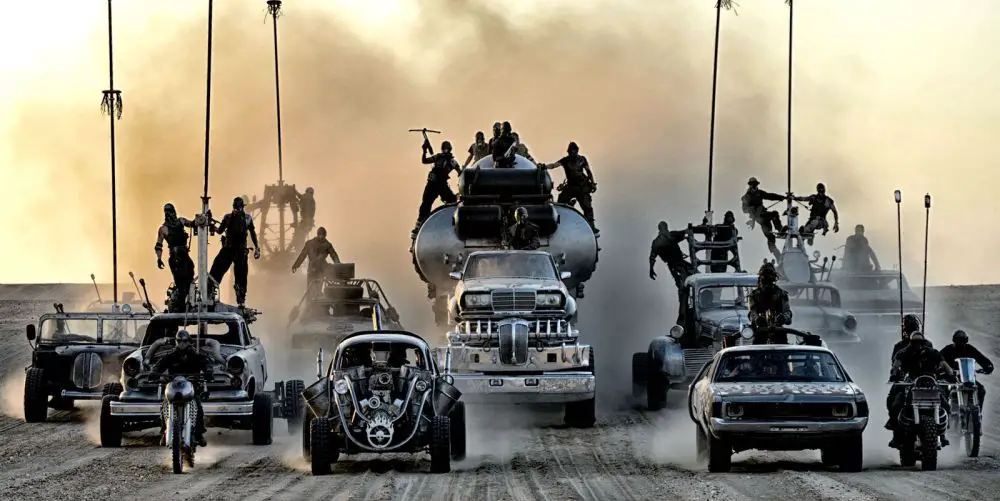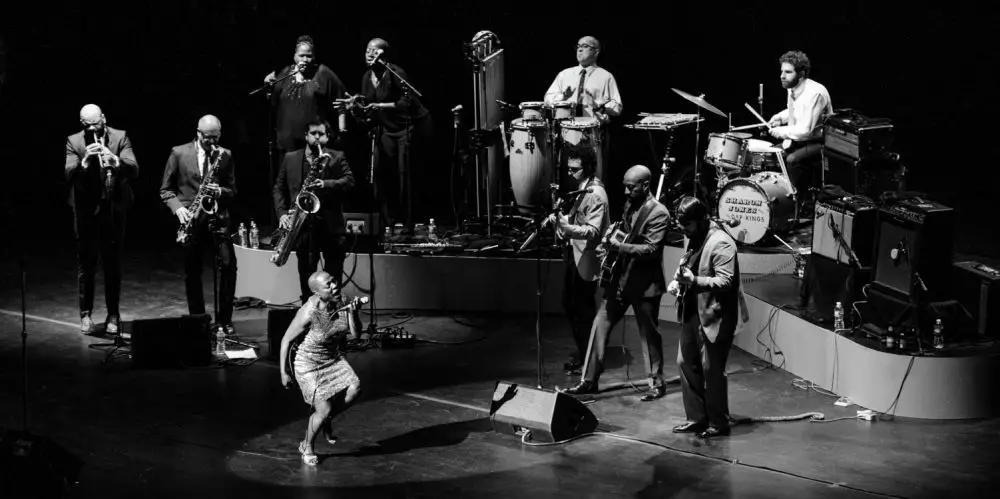music
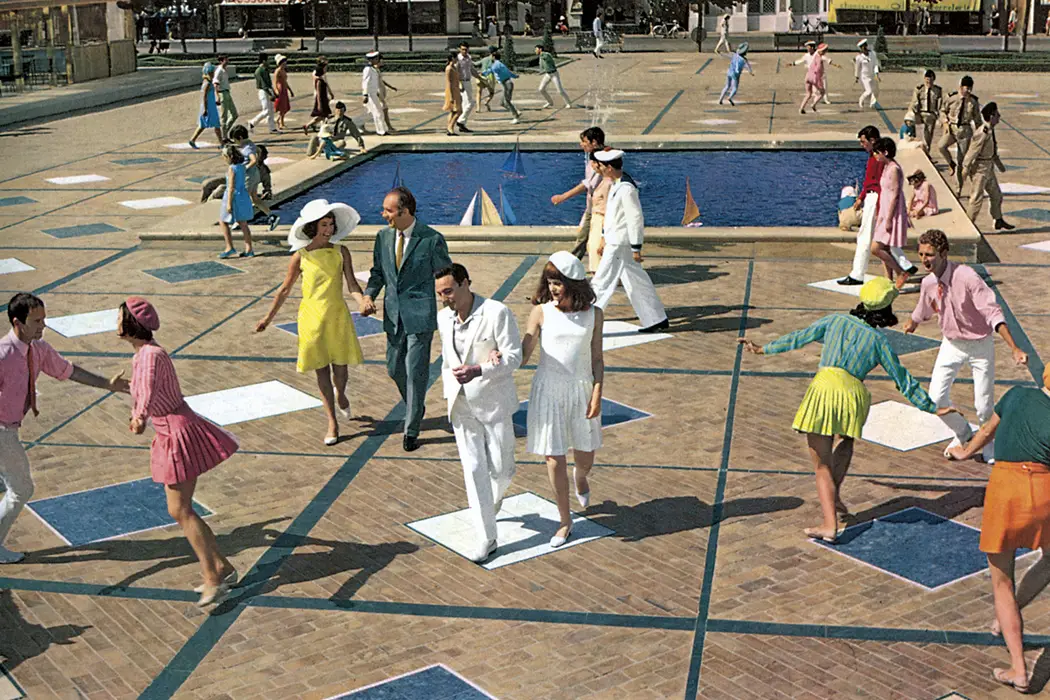
La La Land was one of last year’s big hits, and if you’ve read much about it, you’ve probably heard Jacques Demy cited as an influence. And he should be – not for nothing does the word “parapluies” appear near the place where La La Land’s main character works, a direct shout-out to the French title of Demy’s The Umbrellas of Cherbourg. Of course, it would be a mistake to put too much emphasis on him when La La Land draws on plenty of other influences, including various strains of American musical, Nicholas Ray, Powell and Pressburger, and maybe even Alfred Hitchc*ck.
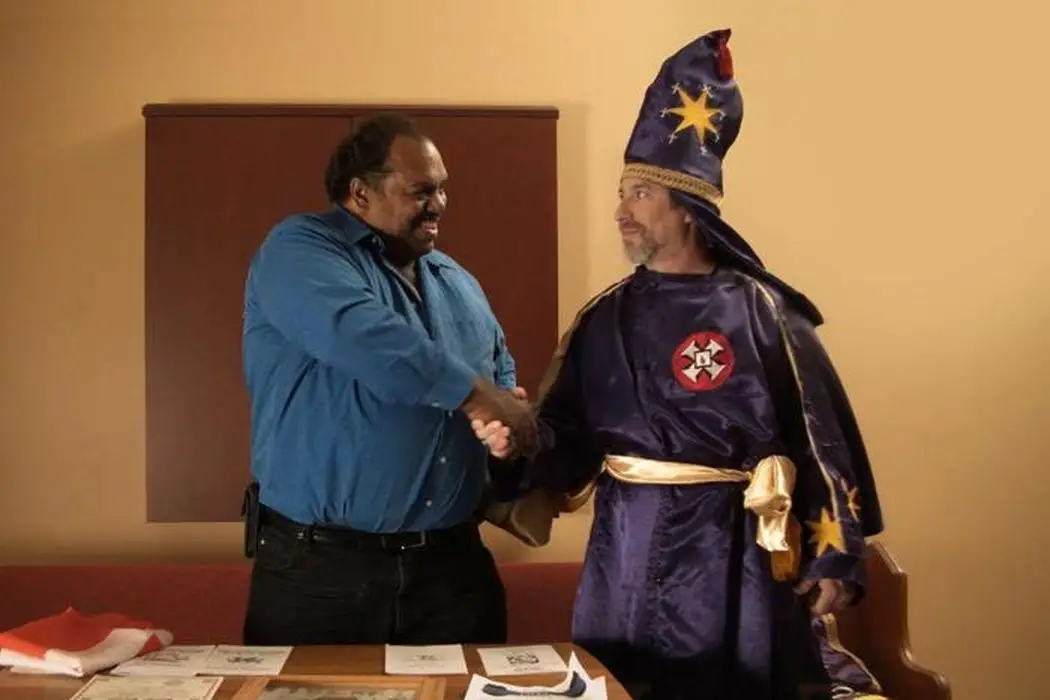
With the spectre of white nationalism once again rearing its ugly head in the guise of the so-called ‘Alt-Right’, Matthew Ornstein’s profile of the musician, author, actor and lecturer Daryl Davis, Accidental Courtesy: Daryl Davis, Race & America couldn’t be more relevant. Davis has an unusual hobby for a black man:
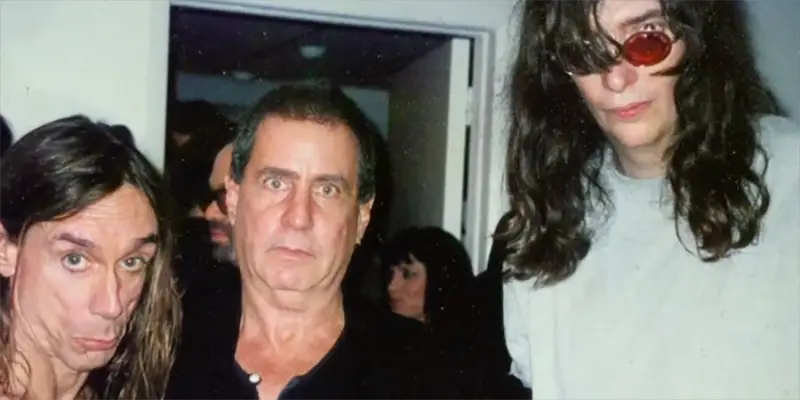
Magnolia Pictures brought important documentaries like Blackfish and Food, Inc to the public at large, and now they’re bringing us Danny Says. While Danny Says might not be an activist film meant to make an impact on our present day lives and the world we live in, Danny Fields made a huge impact on the world of music from behind the scenes – and this is his story, directed by Brendan Toller. Experimenting With Rock n Roll As a fan of documentaries, biographies and music, this film was right up my alley.
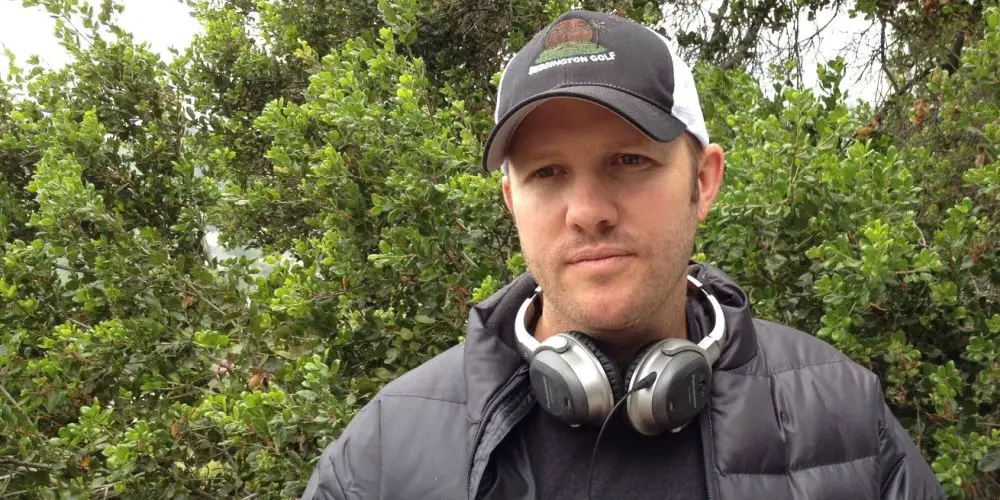
Director Lee Kirk is just about to release his sophomore effort, Ordinary World. The film is about an former rockstar, played by Green Day’s Billie Joe Armstrong, reflecting on the “path not taken”- of committing to his rock-god dreams, instead of settling down in the suburbs and raising a family. Alistair Ryder spoke to the filmmaker about the autobiographical nature of the film and how his love of music helped bring the screenplay to life.

A midlife crisis is roughly defined as a period of anxiety and disappointment reflecting on your past as you approach middle age. Those going through a midlife crisis are noted to act irrationally compared to their previous behaviour in a need to get out of a self-perceived rut. It has often been noted that no two people react to the dawning of maturity in the same manner, even if the cause of the anxiety is always the same.
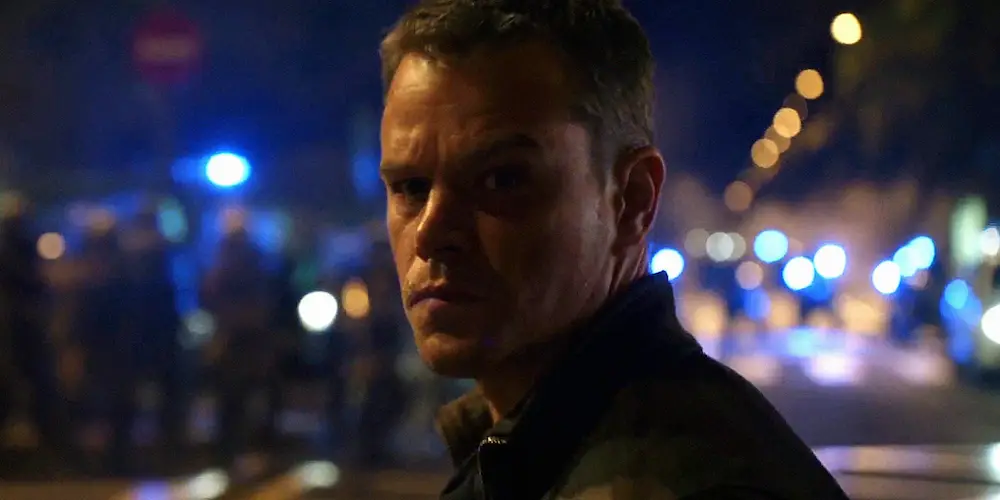
A largely-overlooked but critical element in an action film is its ability to tell a story with sound. Dialogue and musical score notwithstanding, sound cues and effects are incredible tools for storytelling in the genre; subtly adding depth and detail without ever compromising action or hogging screen-time. Given recent advances in the field of sound technology, filmmakers are even now using these techniques to great advantage in crafting critically-acclaimed action films.

In a time when facts, figures and certainties are thin on the ground, when reality itself appears to be fragmented into many non-congruent shards, it is perhaps not so surprising that some sense of perspective can be gained in the comforting darkness of the cinema theatre. Discombobulated by events both political and personal, I sought refuge from Manchester’s silvery anti-summer at a screening of Paul Fegan’s Where You’re Meant To Be, chronicling musician Aidan Moffat’s journey around Scotland in his quest to re-interpret some of the country’s folk standards in a more contemporary light. Throughout the film and the subsequent Q & A with Fegan and Moffat at Manchester’s Home, the theme of authenticity surfaced from the loch of uncertainty that clouds our ability to make sense of these times.

Class consciousnes and its oft-contingent condemnation of wealth was a theme at the 2016 Cannes Film Festival that one would be hard-pressed to overlook. The most obvious reason for this is the fact that Ken Loach’s poignant portrait of one man’s struggle to navigate Britain’s welfare system, I, Daniel Blake, took home the Palme d’Or. But this topic was also prominent in part because films about wealth, or lack thereof, pervaded the entire festival, spanning its various sections.

One of the most overlooked elements of the action genre is sound – more specifically, its use of sound cues to tell a story. However, this mode of storytelling is not only powerful by itself, but is especially suited to the needs of modern action films. Recent advances in sound technology now make it possible for action directors to put sound cues to their full use.

You will see the term postmodern to describe the comedy of The Lonely Island, the comedy team responsible for this film and the birth of the Saturday Night Live Digital Short, as you read opinions on their newest film, Popstar: Never Stop Never Stopping. It is a vague term that means comedy that deconstructs the art and is self-aware.
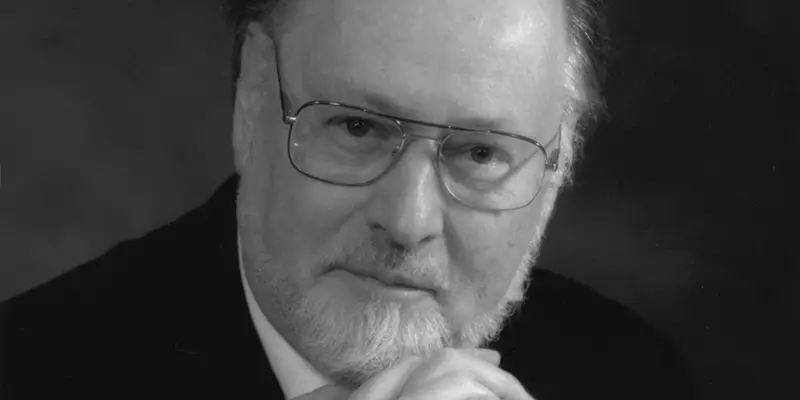
In all production tools of filmmaking, using sound effects is a fundamental factor in capturing a film’s escapist experience and the audience’s reactions. Although sound is not seen on-screen, it does play a crucial role in how films work, and in how it progresses narrative, develops characters and addresses significance. John Williams is an example of a composer whose work has established the importance of music within cinema, and how they play a fundamental role in the entire experience.


